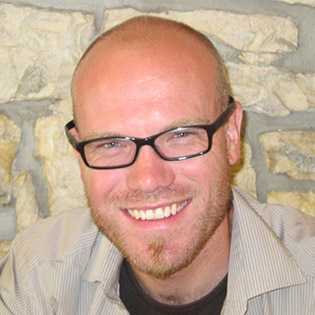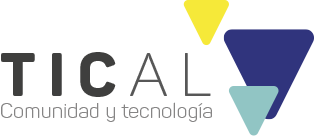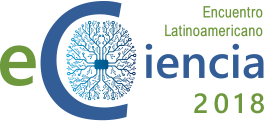Digital technology has not only revolutionized society but also the way we can understand it. A growing part of human interaction is generating a massive fingerprint. Studying it allows us to gain unprecedented knowledge about what 'humanity' is and how it works, including its intricate social networks that had long been obscure. Artificial intelligence allows us to detect hidden patterns in 'qualitative data', through analytical tools such as natural language processing. Additionally, computer simulations allow us to explore situations that do not exist in reality: a better world. Traditionally, public policies were based on social studies that explained 10-20% of the variability in a phenomenon. Many of them failed miserably, which was evidenced by the so-called "crisis of replication" in the humanities, psychology, and economic and social sciences. Over the last five years, human behavior has been predicted with 80-90% accuracy. Social studies and the so-called humanities are becoming a science of truth. What are the consequences and the resulting challenges for humanity, and what are the responsibilities of the Universities facing this reality?

Martin Hilbert
Professor at the University of California, Davis




